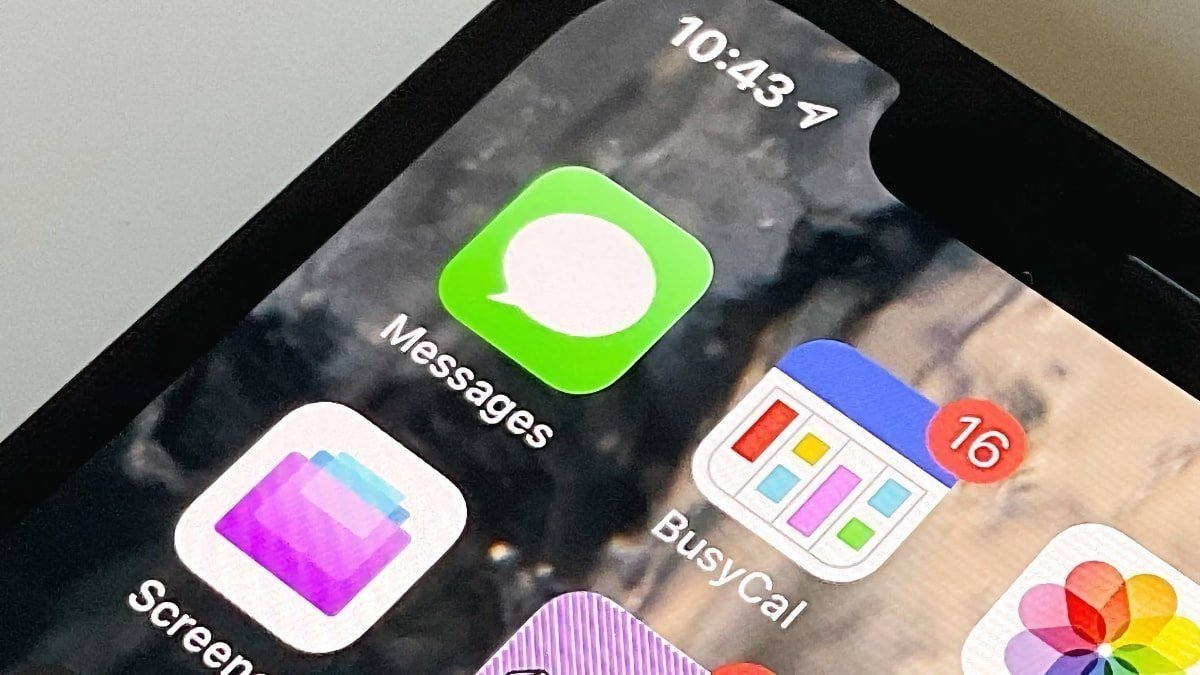A British man is ridiculously attempting to sue Apple following a divorce, caused by his wife finding messages to a prostitute he deleted from his iPhone that were still accessible on an iMac.
In the last years of his marriage, a man referred to as “Richard” started to use the services of prostitutes, without his wife’s knowledge. To try and keep the communications secret, he used iMessages on his iPhone, but then deleted the messages.
Despite being careful on his iPhone to cover his tracks, he didn’t count on Apple’s ecosystem automatically synchronizing his messaging history with the family iMac. Apparently, he wasn’t careful enough to use Family Sharing for iCloud, or discrete user accounts on the Mac.
The Times reports the wife saw the message when she opened iMessage on the iMac. She also saw years of messages to prostitutes, revealing a long period of infidelity by her husband.



It depends on how you look at these things. Traditional, fat-client POP3 email was not syncing, it was just downloading from the server. In such a case, I would not expect it to be syncing.
In this particular case, I wouldn’t expect a sync at all. These are messages received on, and managed on, distinct devices.
That said, I did get a MacBook last month and have learned that these things synchronize. Which is cool but I didn’t expect that. Still wouldn’t expect it on deletes.
Here’s how it’s advertised:
The article says nothing about deleted messages, but it does imply that what you see on one device is expected to match what you see on another. So it’s reasonable to think that deleting on one device will delete on another.